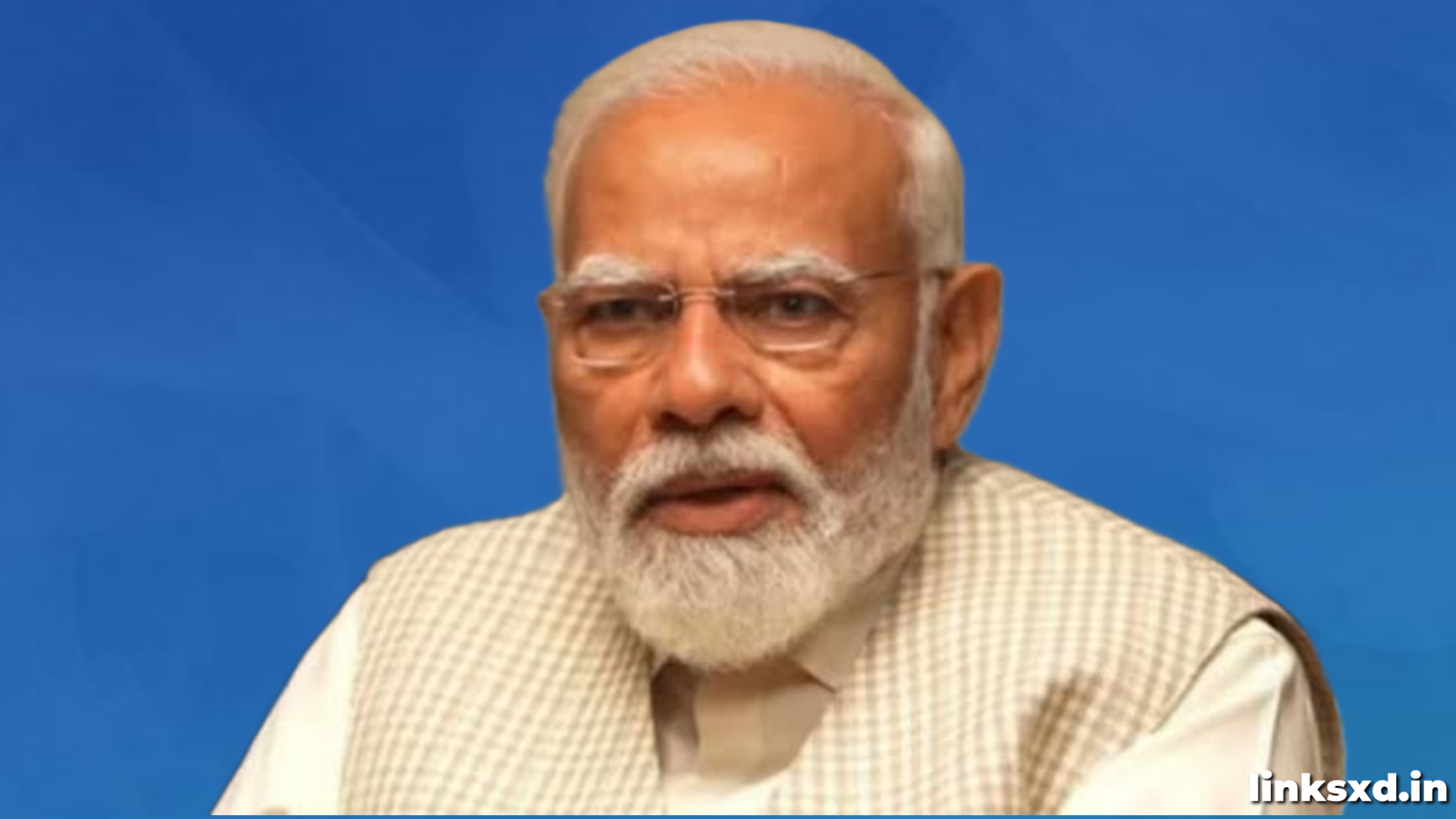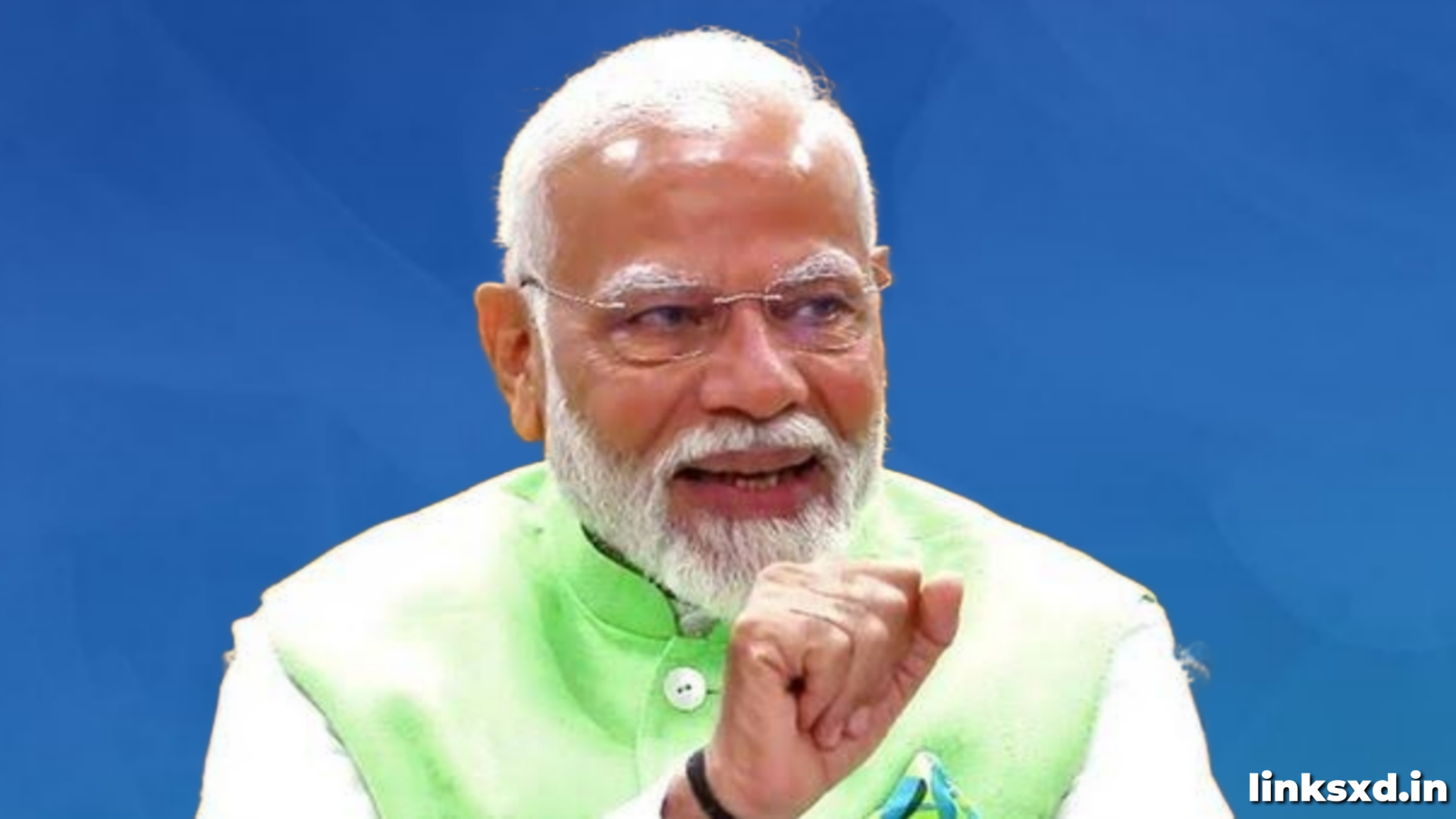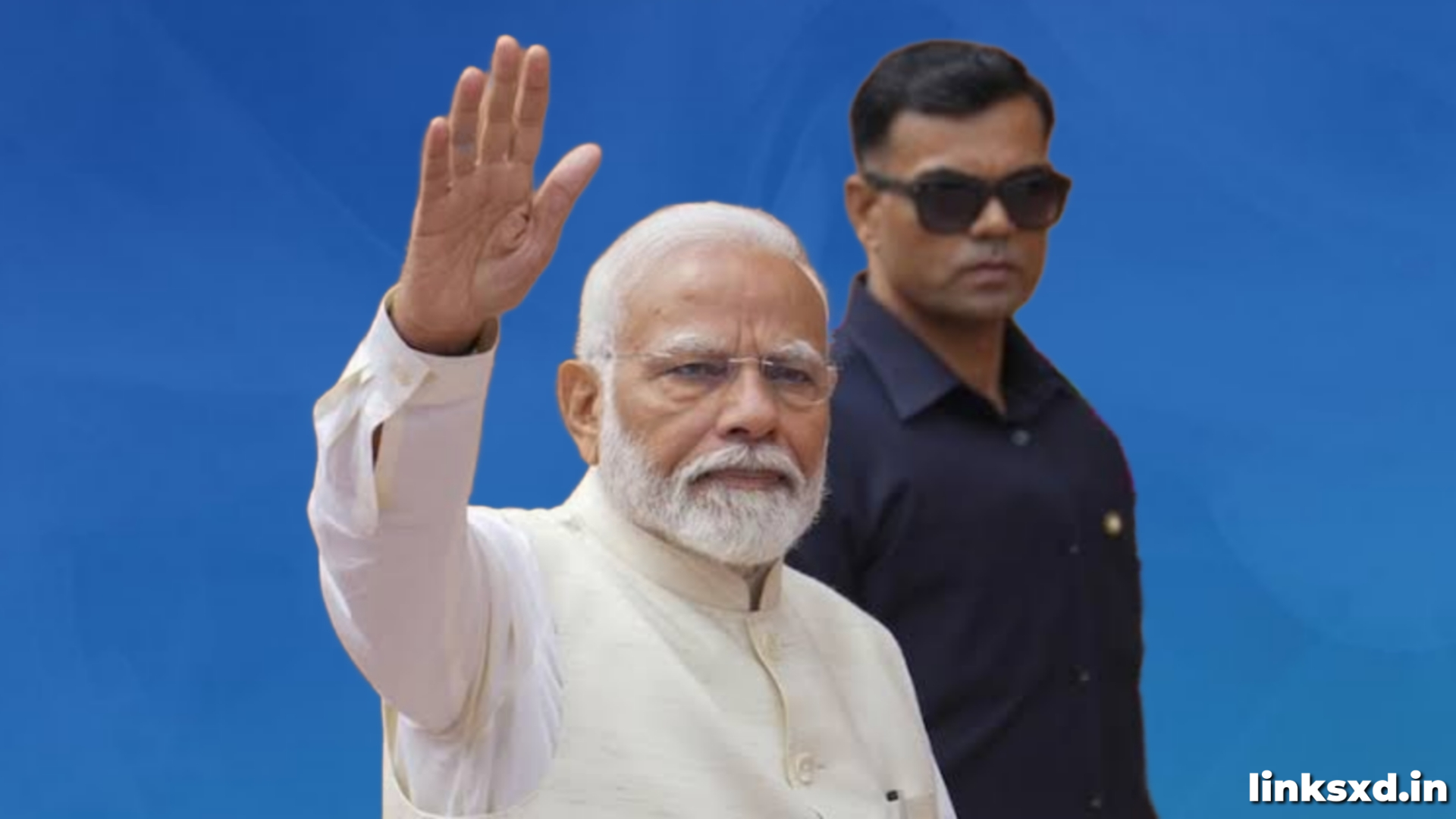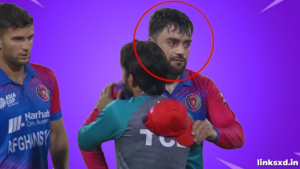Coalition Government
Since taking office, Modi has encouraged foreign investments and eased regulations on companies. His administration has also supported millions of concrete homes for low-income families at no cost, strengthened India’s military capabilities and invested in cutting-edge technology.
He has galvanized his partisan base with an appealing vision of India as a global power. When speaking at his rallies, Modi is seen by thousands as representing their hopes and aspirations for India’s future.
Coalition Government | Narendra Modi was born in 1950
Modi has earned widespread praise as an efficient administrator and pro-people policymaker. He led Gujarat successfully as its Chief Minister, known for embracing antyodaya (inner city living). Modi believes that development must benefit every Indian; his administration has made governance simpler and more transparent.
As a youth, he joined the pro-Hindu Rashtriya Swayamsevak Sangh (RSS), becoming a leader in his community. Later, in 1987 he joined the mainstream Bharatiya Janata Party and rose through its ranks to become national secretary before winning general elections on a platform of Hindu nationalism and economic development in 2014. Since then he has remained in office.
Early life provided many difficult lessons. He needed to balance his academic studies with non-academic activities as his family struggled financially. Schoolmates remember him fondly for being an earnest student who loved debates and reading.
Though his policies have been widely praised by many, many question his role in the 2002 communal violence that swept Gujarat.

Coalition Government | He is a Hindu nationalist
The BJP is often blamed for pushing an ideological position that conflicts with India’s constitutional requirements and democratic processes, leading to increasing religiously divisive intolerance and violence against Muslims, targeting activists, journalists and civil society groups – such as targeting them for being Muslim activists or journalists – with population shifts, interfaith marriage or illegal immigration becoming threats against Hindus as a result of Hindutva politics mainstreaming and taking form across India.
Modi first gained notoriety in 2001 as chief minister of his home state Gujarat, at which point anti-Muslim riots broke out across the state, killing over 1,000 people due to land ownership tensions. While observers suspected Modi supported or did nothing to stop these riots from occurring, but ultimately the top court cleared him of any wrongdoing.
As a response, he doubled down on Hindu nationalism while forging close ties to big business to cement his popularity. Subsequently, he introduced policies many consider discriminatory such as legal codes that disenfranchise Muslims from marrying legally.
After years of struggle against colonial rule, India is rapidly adopting its postcolonial identity with Hinduism playing an increasing role. What will this mean for its democracy and minority groups?
Coalition Government | He is a politician
Modi has held various roles within the BJP, from chief minister of Gujarat from 2001-2014 and member of parliament for Varanasi. Known for his successful electoral performances during 2002 elections and 2012 polls (127 seats in state assembly during 2002 elections and 107 seats during 2012 polls respectively), now faces the daunting challenge of leading a coalition government, and analysts indicate it may not be easy.
The Prime Minister employs up to 300 staffers under their purview. Led by a Principal Secretary and predominantly consisting of former civil servants from either Indian Administrative Service or Indian Foreign Services, they work under his or her guidance in managing top civil servant postings as well as appointments of officers to the cabinet and various committees.

Coalition Government | He is the prime minister of India
Modi has been widely credited with India’s rapid economic growth. His effective leadership of foreign policy is also widely acknowledged; yet critics contend his policies foster Hindu nationalism that has caused tensions with India’s 230 million Muslims. Yet most analysts predict he will likely win another term, thanks to creating jobs and prosperity throughout India.
He has proven adept at branding and narrative control, keeping support strong among India’s lower and middle classes for his party while cultivating close ties to both America and Russia.


